Meadowsweet (meadowsweet) is a flowering plant that grows mainly in the fields. It is rightly called the “Queen of the Meadows”, because it blooms with amazing, small white flowers. For a long time, grass was used as a decor item, but it soon became clear that the flowers used were also very useful.
Numerous studies show that meadowsweet, due to its unusually rich composition, can be used to treat many diseases of internal organs, primarily as an effective diuretic and anti-inflammatory agent. However, it should be borne in mind that the meadowsweet, in addition to a wide range of useful properties, has significant contraindications, in particular, its use is strictly prohibited for hypotensive patients, allergy sufferers and asthmatics.
Content
Useful properties of meadowsweet
In the meadowshell there is a rich supply of vitamins and minerals that will help improve the body and cope with various diseases.
Chemical composition
The composition of the meadowsweet contains a high concentration of nutrients. Among them:- Vitamin C. This element is important for the synthesis of corticosteroid (adrenal) hormones, stopping the inflammatory process, regeneration and formation of connective tissue.
- Tannins. They affect the mucous membranes of the internal organs. Their effect on the bronchi, lungs and gastrointestinal tract is especially pronounced.
- Phenolic elements. They have numerous therapeutic properties: expectorant, hemostatic, sedative, etc.
- Salicylic acid. This substance affects the capillaries.
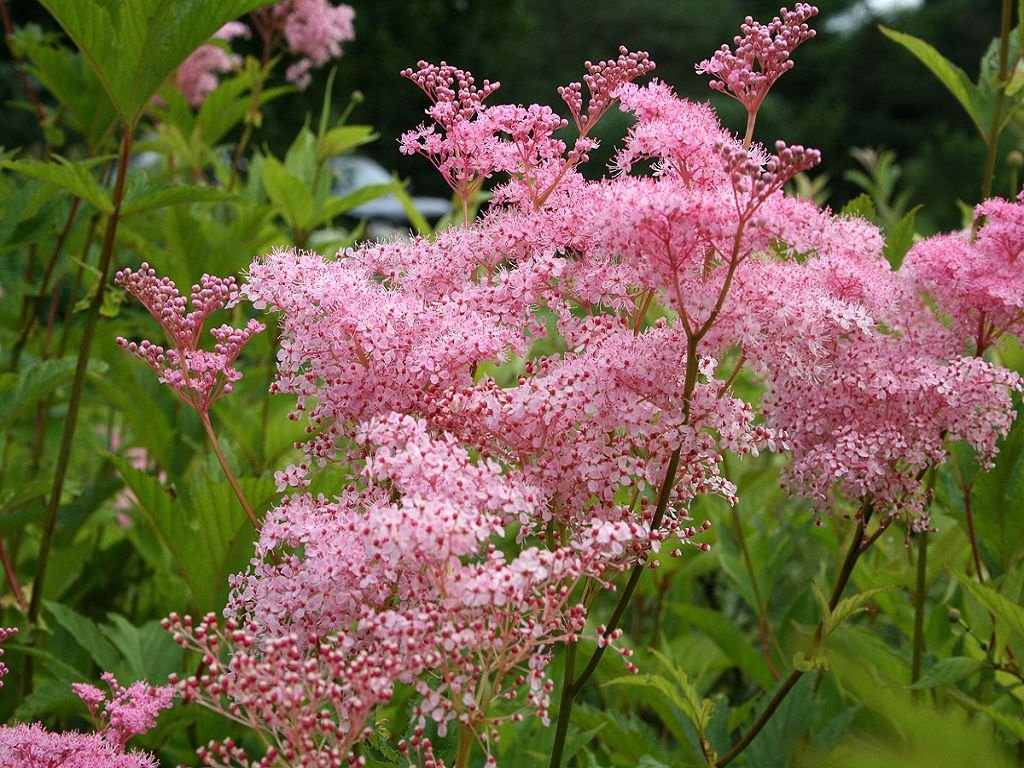
Normalizing the permeability of their walls, it thereby prevents the formation of puffiness. - Flavonoids. Components help eliminate the inflammatory process, an allergic reaction, viral infections. In addition, they are very useful for the female body, as they are activators of the estrogen production process.
- Catechins. The action of these substances is aimed at neutralizing the effect of free radicals on the body. Due to this, the risk of developing cancer is reduced. In addition, catechins slow down the aging process of cells, which helps to prolong the youth of the body.
- Phenol Carboxylic Acids. These elements affect the activity of the digestive tract. Their effect has a beneficial effect on the work of the liver and gall bladder. Phenolcarboxylic acids prevent stagnation of bile, which is an excellent prevention of cholelithiasis.
- Essential oils. They normalize the activity of the cardiovascular system, help soften a dry, painful cough, have a beneficial effect on the gastrointestinal tract and skin integuments.
- Fatty acid. Maintaining a normal energy supply of the body, contributing to the process of formation of cell membranes, stabilizing metabolism - these are the functions that perform these elements in the human body.
- Glycosides. They are necessary for the heart, kidneys, and nervous system. These substances have a range of actions, including diuretics, antimicrobials, sedatives.
Healing properties
The list of medicinal properties of meadowsweet is as wide as the list of components included in its composition. Thus, it has the following actions:
- astringent;
- anti-inflammatory;
- hemostatic;
- immunostimulating;
- antioxidant;
- diuretic;
- cardioprotective;
- stimulating;
- antiseptic;
- antiviral;
- antimicrobial;
- adaptogenic;
- antispasmodic;
- choleretic;
- sedative;
- anti-allergic;
- antiulcer.
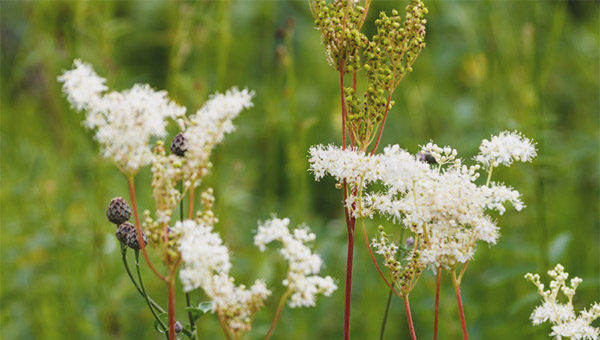
It is these effects that have made this herb one of the most commonly used components in the production of pharmacy herbal medicines.
Contraindications and possible harm to the meadowsweet
Although meadowsweet is considered safe for most people, but it can not be used to treat:
- Children under 16 years old. But this contraindication applies only to patients who have pronounced symptoms of chickenpox, influenza, and SARS. Tea or decoction of meadowsweet can provoke the development of Reye's syndrome in a child.
- Asthmatics. Meadowsweet increases the secretion of the bronchi, and also exerts a stimulating effect on the smooth muscles lining their inner layer. As a result, the risk of an asthmatic attack of asphyxia due to bronchospasm increases.
- Persons with so-called “aspirin” asthma. Such a ban is due to the presence of salicylic acid in the meadowsweet. Neglecting a contraindication can lead to serious complications in the form of bleeding, bronchospasm, anaphylactic reaction.

Aspirin asthma - Hypotonic. Medicines based on meadowsweet tend to lower blood pressure. People with chronic arterial hypotension can use such drugs in minimal doses, and only if there is currently no other way to combat a specific malaise.
- Persons with individual intolerance to the substances contained in the meadowsweet. If the decoction or infusion will be used for the first time, it is necessary to conduct a preliminary allergy test. Otherwise, a hypersensitivity reaction may occur, accompanied by dermatitis, urticaria, gastrointestinal disorders.
Recipes and indications for the use of plants
Treatment with meadowsweet should be carried out strictly according to the scheme. The prescription of each medicine gives its dosage, which must be followed necessarily and relentlessly.
 You may be interested in:
You may be interested in:How to make and drink tea
To prepare a therapeutic drink, you need 1-1.5 tsp. dry meadowsweet pour a glass of water, which has just begun to boil, but has not yet boiled. Cover the cup with a glass lid, insist for 10 minutes.
The finished product must be taken 1 time, but it should be drunk in small sips and not quickly. Such a medicine helps to cope with colds and nervous disorders.
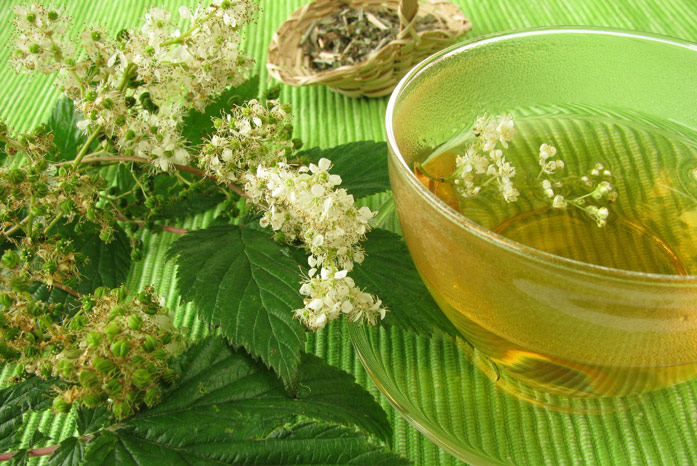
Tincture
Alcohol tavolga tincture is applied externally for long non-healing wounds, trophic ulcers and infectious and inflammatory skin lesions. Oral administration is advisable for nervous disorders accompanied by increased excitability, aggression.
To prepare the tincture, it is necessary to fill the dried flowers of the meadowsweet with vodka in a ratio of 1: 5.Insist on the medicine for at least 5 days, after which it should be carefully filtered. Pour the resulting tincture into a bottle with a dispenser.
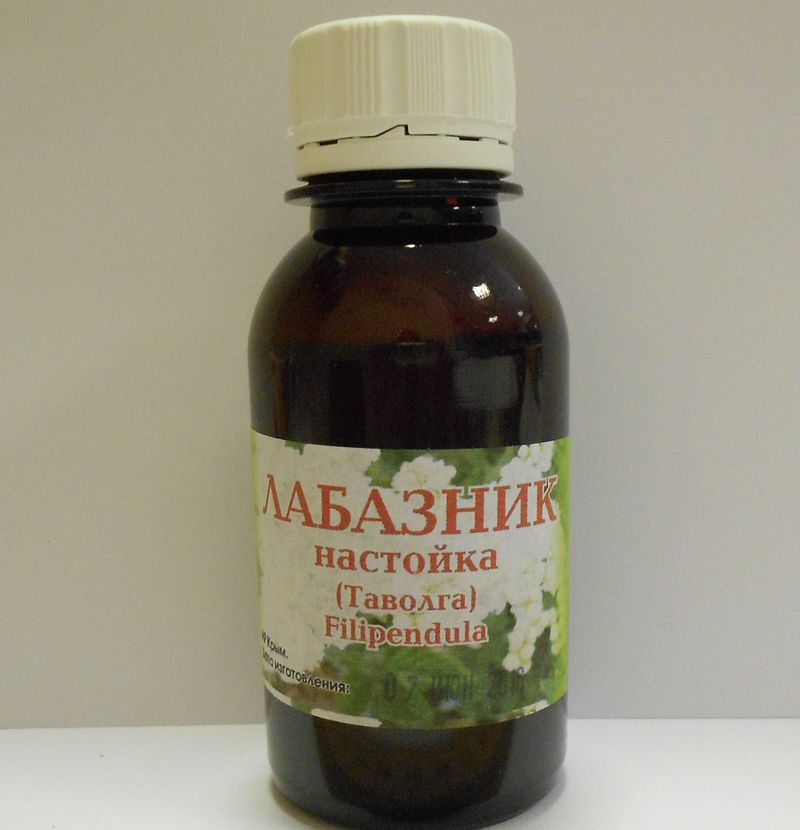
Infusion of flowers
Put 2 tsp. flowers in a cup or glass, pour the container to the brim with boiling water. The extract should be infused under the lid for 20 minutes. Then it must be filtered and, if necessary, brought to the original volume with boiled water.
The resulting preparation is drunk in 30 ml up to 6 times a day. It helps to cope with severe poisoning, including alcohol. It is advisable to apply for snake bites. With its help, numerous skin diseases are also treated - dermatitis, allergic manifestations, eczema, psoriasis, etc.
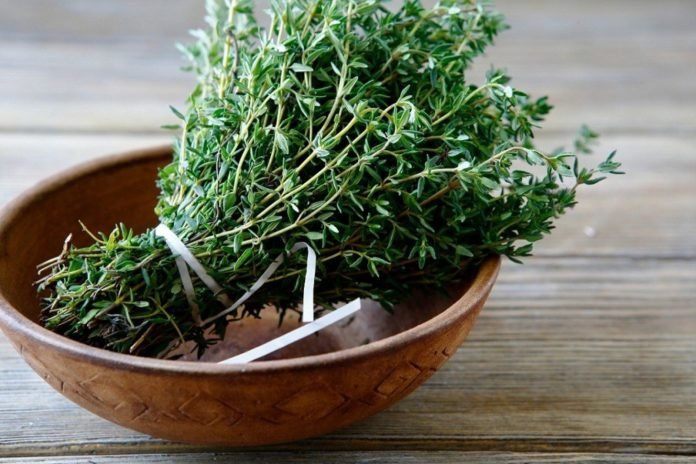 You may be interested in:
You may be interested in:Decoction
For the broth, the roots of the meadowsweet are used. It is drunk with arterial hypertension, digestive disorders, gout, renal pathologies.
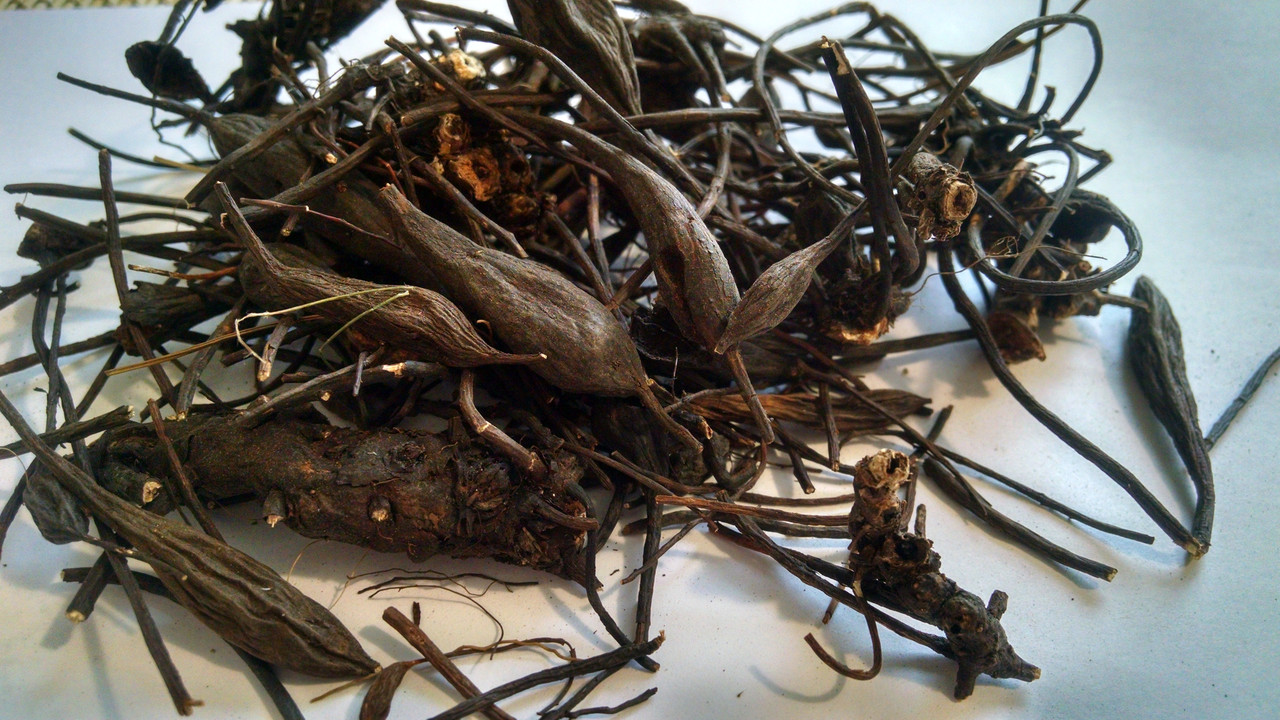
Put the container with the mixture in a water bath, where it simmers for half an hour. After this, the medicine must be cooled and filtered. Drink a decoction of 15 ml three times a day after meals.
If it is necessary to make a decoction of meadowsweet for local use, then in this case 25 g of raw materials should be poured 1 liter of water. Next, do everything according to the above scheme. Apply for lotions or douching.
Foot bath
Fresh grass of meadowsweet must be put in a pot with a capacity of 1 liter, pour water to the brim. You can also use dry raw materials, but in this case more water is needed - up to 3 liters. Put the pan on the fire, bring the mixture to a boil. Strain over medium heat for a quarter of an hour, then let it brew until half-frozen. Strain the resulting broth thoroughly, although this is not necessary.
Pour the liquid into the base water for the bath. If dried raw materials were used, then the resulting volume of broth will be enough - it does not need to be bred. Dip your feet in a container of liquid for 20 minutes, then pat it well with a soft towel.
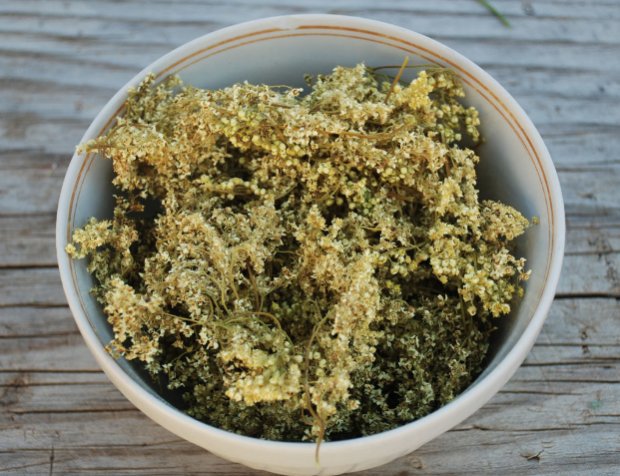
Ointment
This form of the drug is used exclusively externally. Ointment helps to eliminate the inflammatory process and pain with rheumatism and dermatological pathologies. Preparing a tool from rhizomes. They need to be taken in an amount of 20 g, triturated to a powder state, mixed with 90 g of high-quality butter. You can also use petrolatum or lanolin.
Mix all components thoroughly. It is important that the powder prepared from the rhizomes of the meadowsweet does not "pile up" in a heap. The finished ointment should be rubbed into the skin in the area of the affected joint.
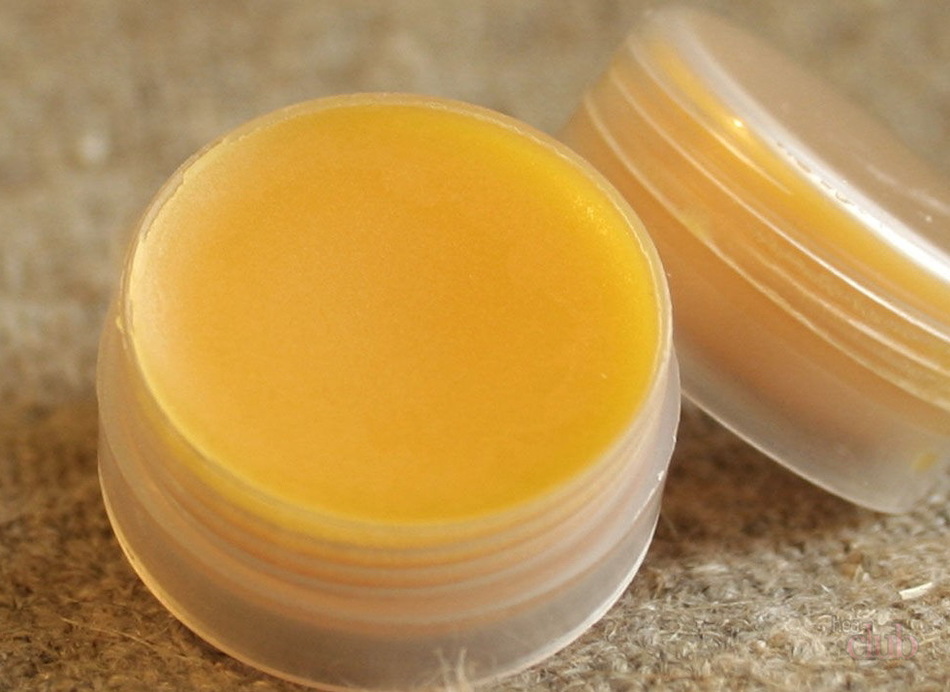
Oil
To make the oil you need to take flowers and grass. Cooking process:
- Pour 50 g of chopped meadowsweet with olive or sunflower oil so that it covers the grass.
- Close the container with a lid and place in a dark, cool place.
- Insist for 2 weeks, periodically shaking the jar.
- After the allotted time, the medicine should be well filtered.
Before the first use, the meadowsweet oil can be slightly warmed up in a water bath, but this is not necessary.
Water infusion
Water infusion of meadowsweet is used both internally and locally.For example, for douching in the treatment of vaginal candidiasis in women. Preparation: 4 tsp meadowsweet brew 250 ml of boiling water. Put the container in a container with water, simmer over a quiet fire for a quarter of an hour. Strain and drink 15 ml three times a day.
The infusion is effective for flu, colds, herpesvirus infections, gout, edema. With its help, you can treat shingles, pancreatitis, viral hepatitis.
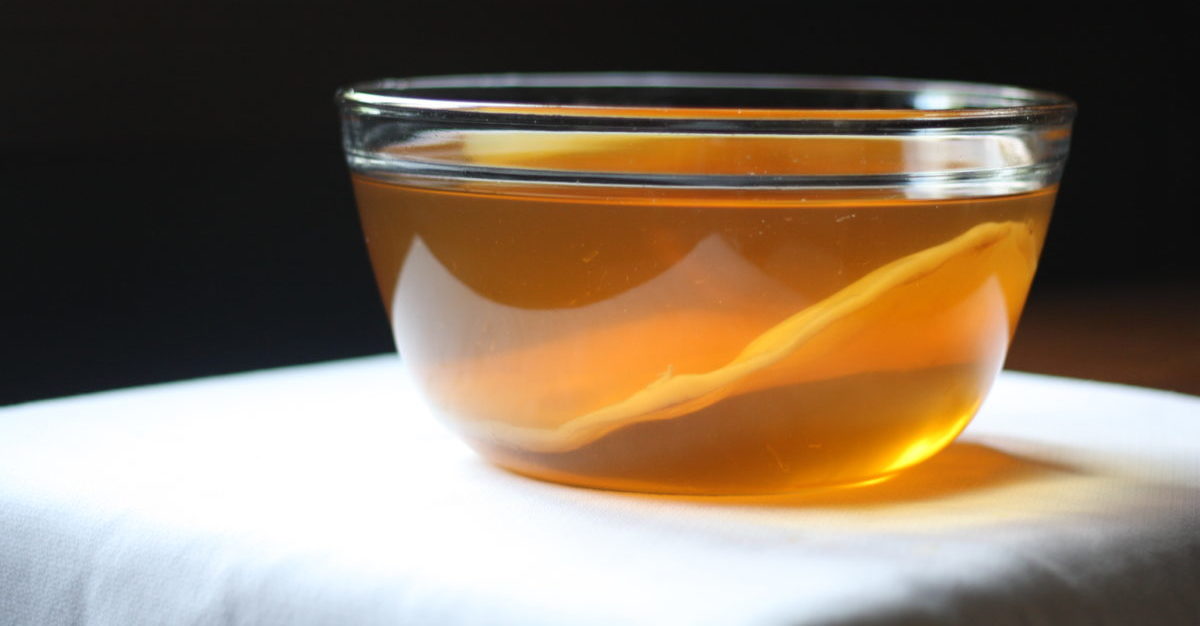 You may be interested in:
You may be interested in:Common questions
Meadowsweet is a real gift of nature, which can be called an almost universal tool. The list of its therapeutic effects is so extensive that it justifies its popularity in alternative medicine. At the same time, the plant has very few contraindications, but the restrictions and prohibitions that exist must be taken into account and it is strongly recommended not to ignore them.

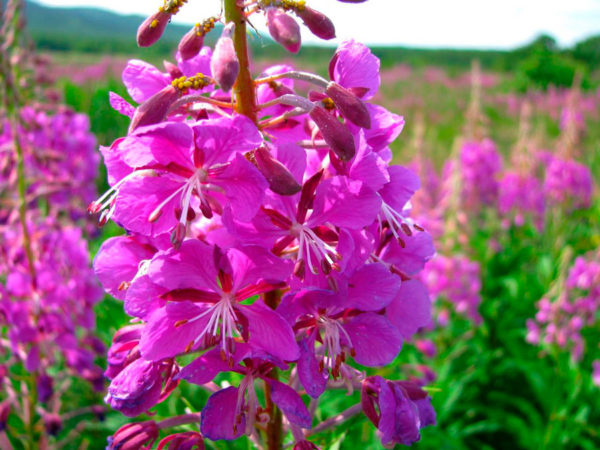
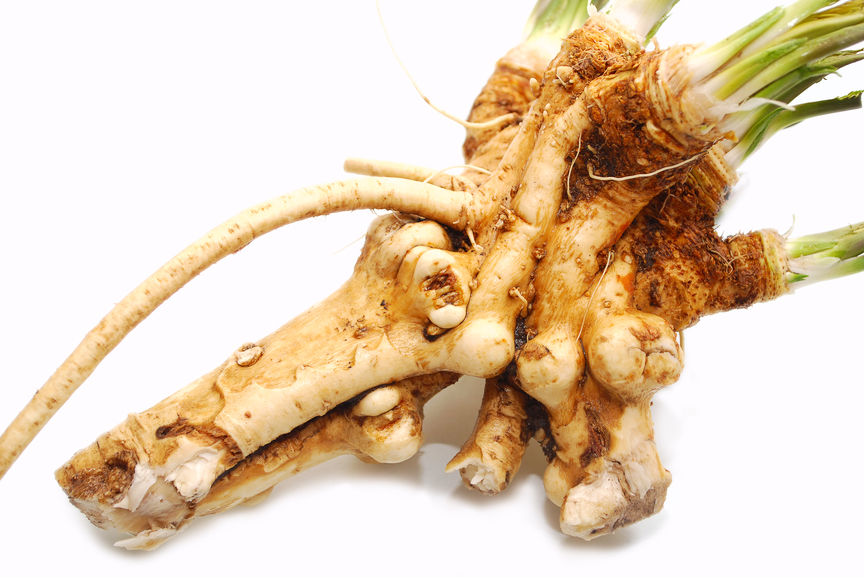
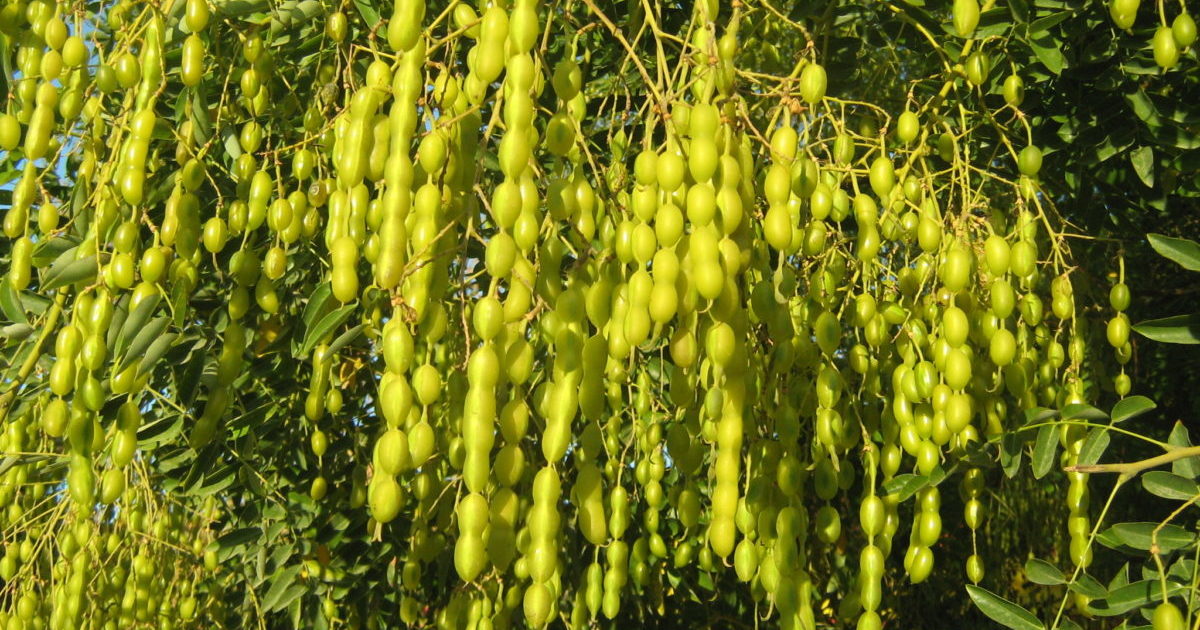
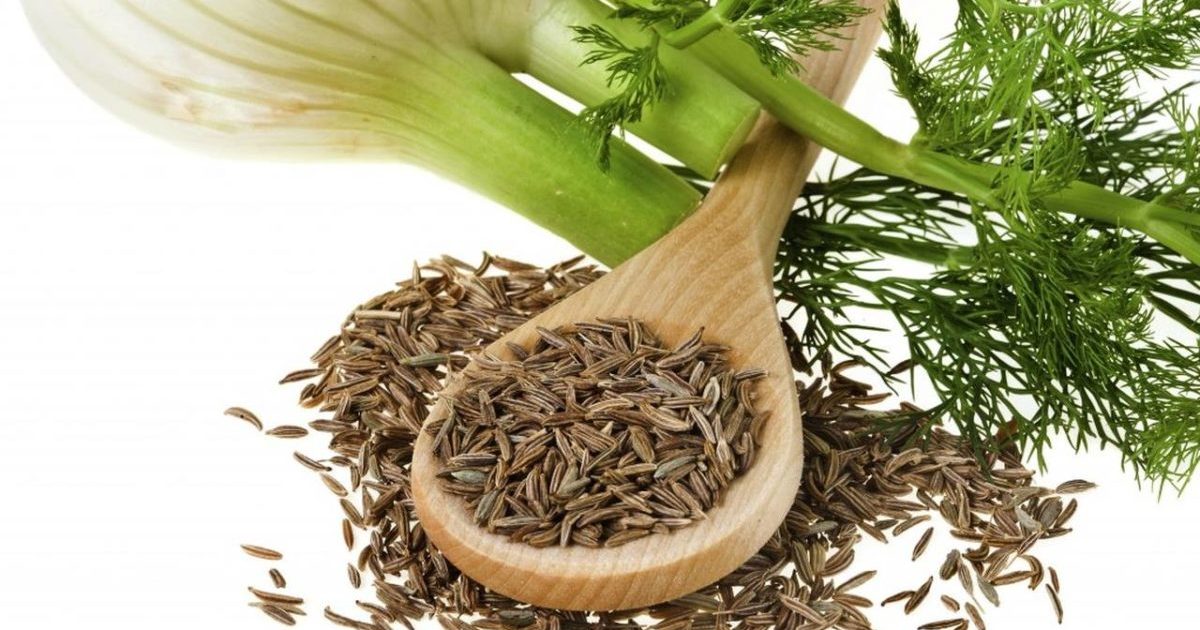 Fennel - beneficial properties and contraindications
Fennel - beneficial properties and contraindications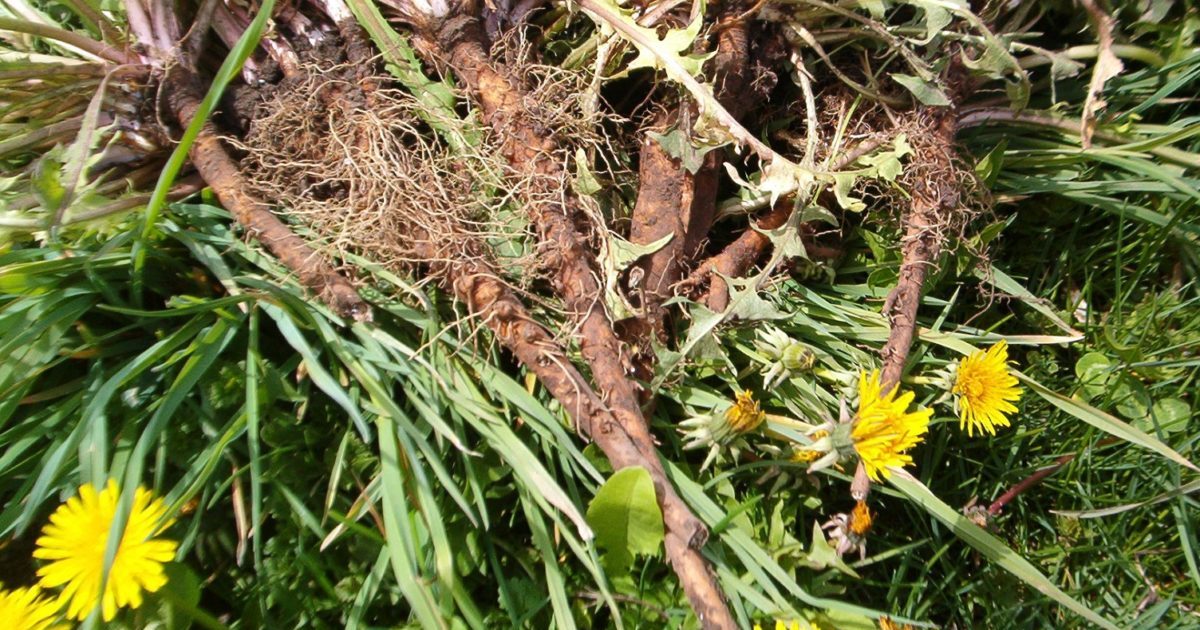 Dandelion Root - Health Benefits and Contraindications
Dandelion Root - Health Benefits and Contraindications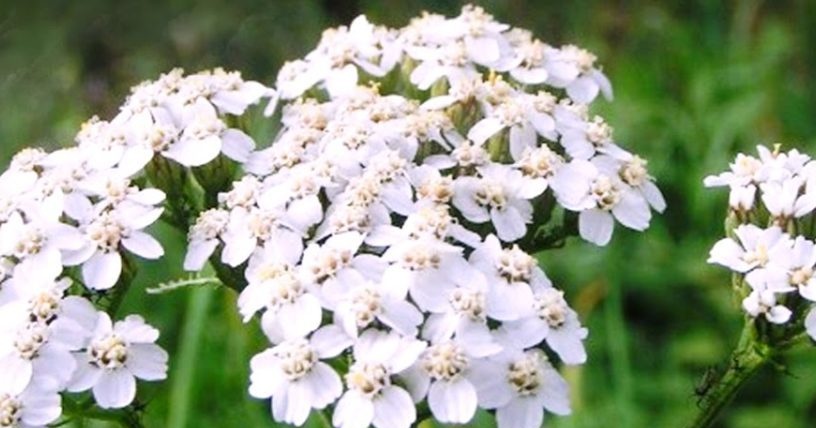 Yarrow - beneficial properties and contraindications for health
Yarrow - beneficial properties and contraindications for health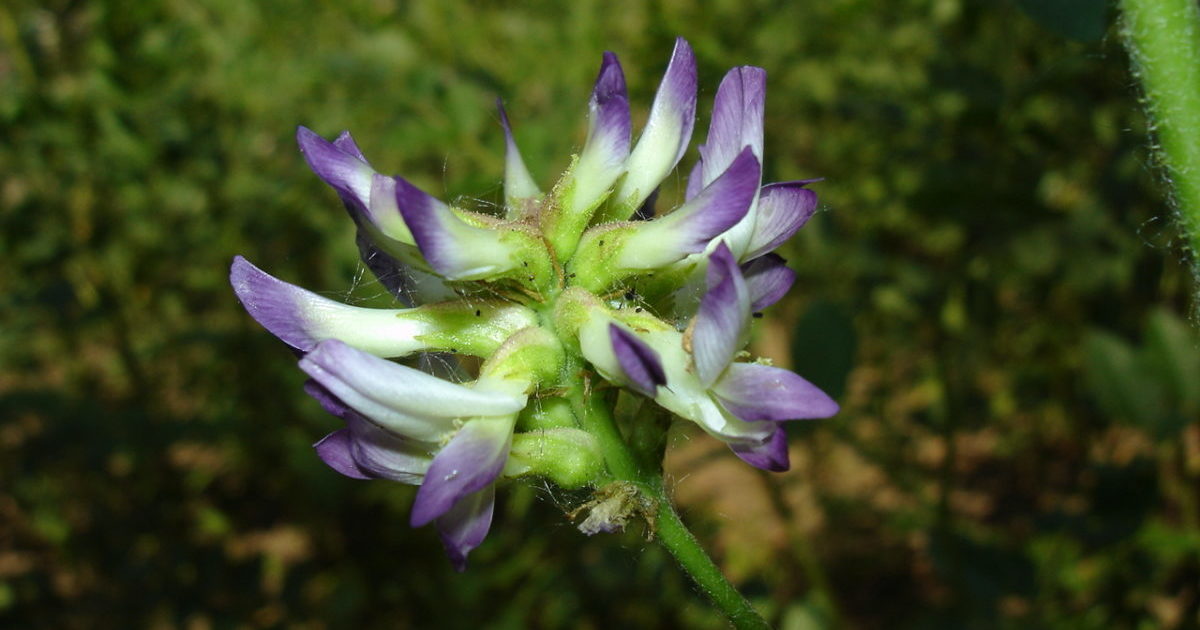 Licorice - beneficial properties and contraindications for health
Licorice - beneficial properties and contraindications for health